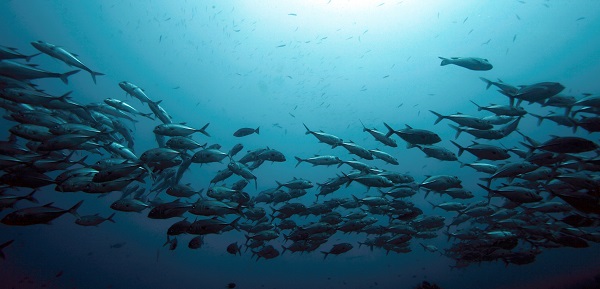New York, (Asian independent) Most of the world’s oceans are steadily losing their year-to-year ‘memory’ under global warming, researchers have warned.
Ocean memory decline is found as a collective response across the climate models to human-induced warming. As greenhouse-gas concentrations continue to rise, such memory decline will become increasingly evident.
The study published in the journal Science Advances compared the fast weather fluctuations of the atmosphere to find that the slowly varying ocean exhibits strong persistence, or “memory,” meaning the ocean temperature tomorrow is likely to look a lot like it does today, with only slight changes.
“We discovered this phenomenon by examining the similarity in ocean surface temperature from one year to the next as a simple metric for ocean memory,” said Hui Shi, lead author and researcher at the Farallon Institute in Petaluma, California. “It’s almost as if the ocean is developing amnesia.”
Ocean memory is found to be related to the thickness of the uppermost layer of the ocean, known as the mixed layer. Deeper mixed layers have greater heat content, which confers more thermal inertia that translates into memory.
However, the mixed layer over most oceans will become shallower in response to continued anthropogenic warming, resulting in a decline in ocean memory.
Along with ocean memory decline, the thinning mixed layer is also found to increase the random fluctuations of the sea surface temperature.
As a result, although the ocean will not become much more variable from one year to the next in the future, the fraction of helpful signals for prediction largely reduces.
“Reduced ocean memory together with increased random fluctuations suggest intrinsic changes in the system and new challenges in prediction under warming,” said Fei-Fei Jin, an atmospheric sciences professor at the University of Hawaii.
Ocean memory loss doesn’t just impact the prediction of physical variables, but could also influence the way we manage sensitive marine ecosystems.
Besides ocean prediction, forecasting land-based impacts on temperature, precipitation as well as extreme events might also be affected by ocean memory decline due to their dependence on the persistence of sea surface temperature as a predictability source, the team said.








